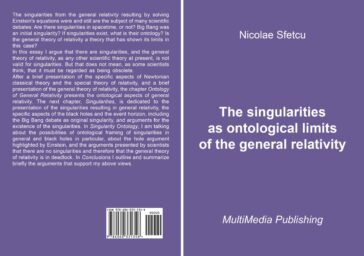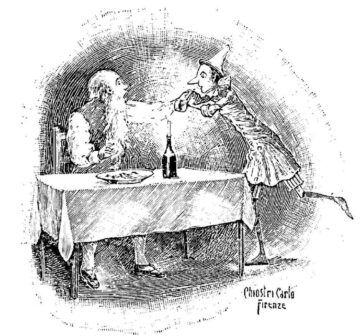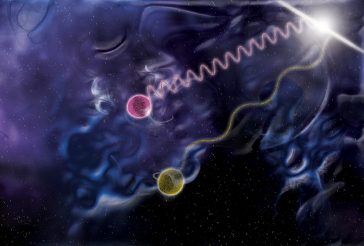The Security Management System from the Perspective of the Global Energy Crisis and the Extended Black Sea Region Escalating Conflict
The contemporary security environment has increasingly unpredictable mutations and the international scene seems to be gripped by a conflict that threatens to erupt at any moment, becoming an open conflict, violent and able to spread quickly everywhere; although for decades … Read More








